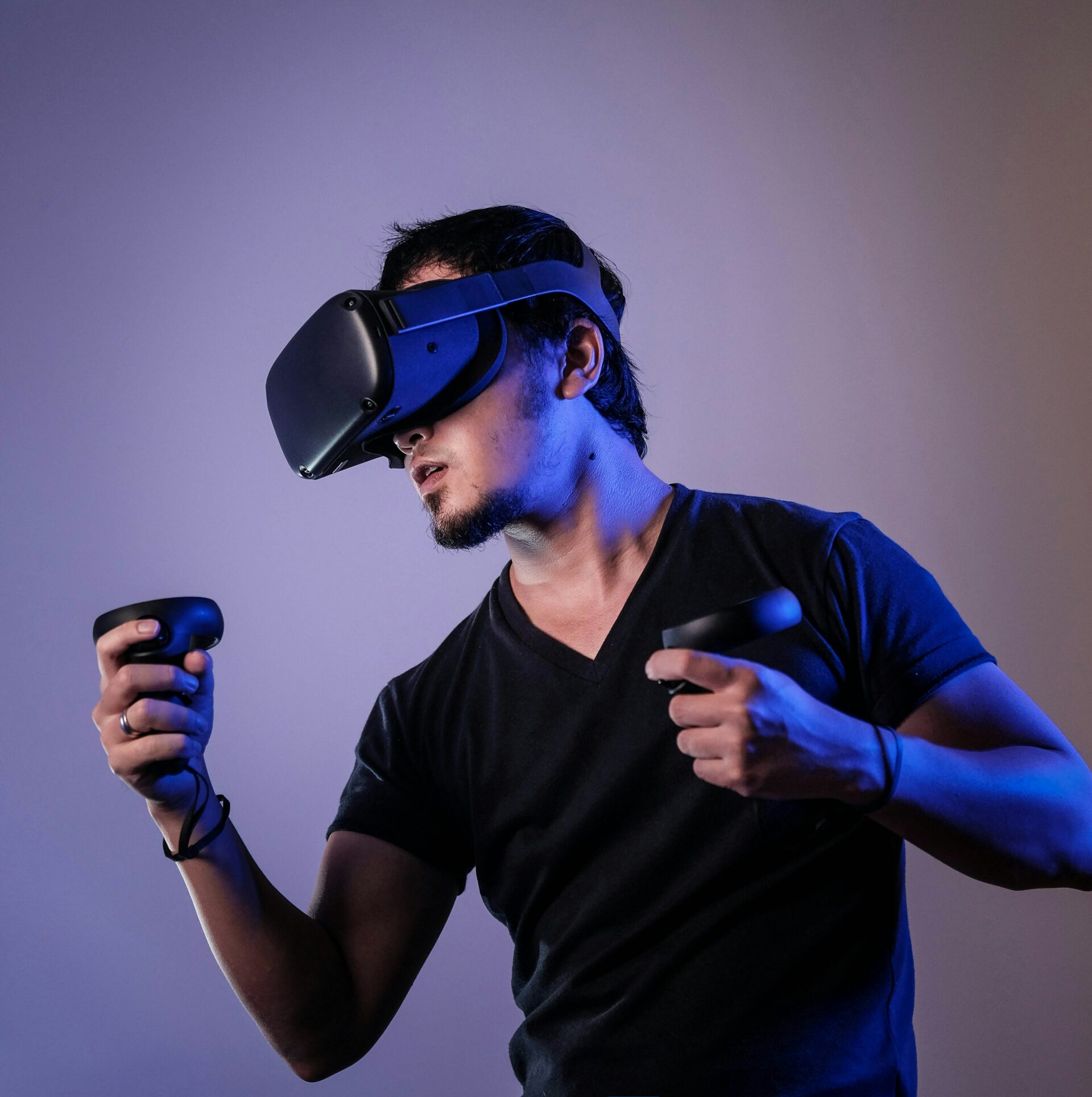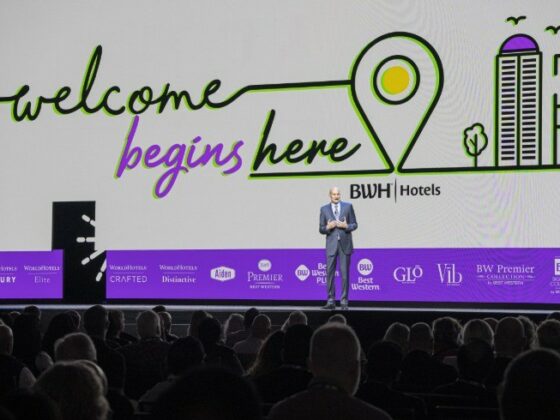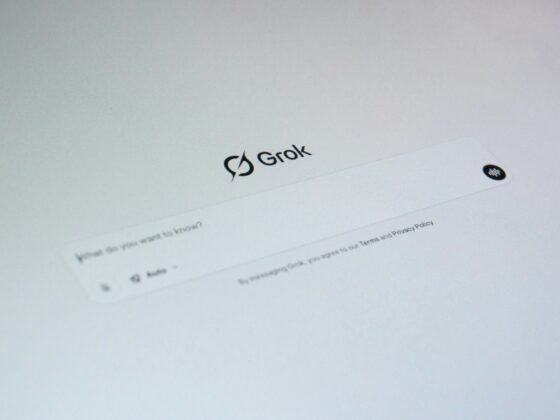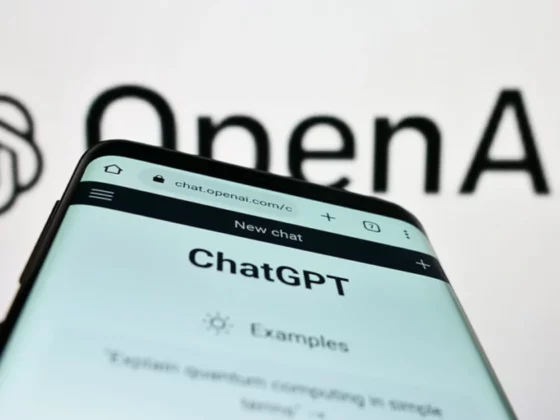
The hospitality industry is getting an overhaul, and AI-driven personalization is at the center. Consumers today expect brands to recognize their preferences and tailor their experiences accordingly. The data backs this up: 73 percent of guests are willing to spend up to 30 percent more on upgrades when personal touches are obvious in their stays.
But personalization isn’t just about enhancing the guest experience. It’s a critical driver of revenue growth. Leading hospitality brands are now leveraging AI to upgrade their marketing strategies, using real-time data and machine learning to deliver highly targeted promotions, optimize customer engagement, and increase conversions. From AI-powered email campaigns to digital menu boards that suggest personalized offers, the industry is seeing a shift toward marketing strategies that are smarter, more efficient, and more profitable. Read on to discover how hospitality brands are overcoming challenges to make AI-powered personalization work for them.
Creating a personalized experience is hard
Personalization in hospitality marketing presents its own set of barriers. One of the biggest hurdles is fragmented customer data. Many hospitality brands operate across multiple booking platforms, loyalty programs, and marketing channels, making it difficult to consolidate customer insights. Without a unified data strategy, brands struggle to deliver targeted marketing campaigns that reflect individual preferences and behaviors.
Another challenge is the reliance on outdated marketing methods. Traditional mass-email campaigns and generic promotions often fail to engage modern consumers, who now expect hyper-personalized offers. At the same time, manually segmenting audiences and testing different marketing approaches can be time-consuming and inefficient, limiting the ability of hotels and hospitality brands to scale personalization effectively.
In spite of the challenges, hospitality brands that can make the most of the data at their disposal and use AI to make the customer experience more tailored have a real opportunity to capitalize on personalization.
Why using AI works
AI is helping hospitality brands break through the noise by delivering highly targeted marketing messages at the right time, on the right platform, and in the right format. Machine learning algorithms analyze vast amounts of customer data, from past booking behavior to preferred travel dates, helping hotels and restaurants serve hyper-relevant ads and promotions to individual customers.
For hospitality brands, the ability to fine-tune marketing in real-time is particularly important. Unlike traditional A/B testing, which takes weeks to analyze and refine, AI-driven marketing campaigns use reinforcement learning to continuously adapt based on live performance data. This allows brands to maximize revenue by identifying the most effective messaging and promotional strategies on the fly.
A prime example of AI-driven marketing in action is Yum Brands, the parent company of Taco Bell, KFC, and Pizza Hut. The company has implemented AI-powered marketing campaigns that optimize everything from email subject lines to the timing of promotions based on customer behavior. Instead of sending blanket offers to all customers, AI determines whether a guest is more likely to respond to a limited-time deal, an upsell opportunity, or a re-engagement message. This level of precision has led to significant increases in consumer engagement and purchase rates.
AI-powered marketing isn’t limited to email and digital ads. Taco Bell has experimented with AI-enhanced digital menu boards and app-based recommendations, using real-time factors like weather, time of day, and past purchases to personalize in-store and drive-through experiences.
Ultimately, by learning from customer preferences, AI can suggest relevant add-ons, loyalty rewards, or special promotions, increasing both customer satisfaction and order value.
The industry is ready for AI
Many industry players beyond Yum Brands are showing the way forward to use AI effectively in marketing. For example, Starbucks utilizes AI to deliver personalized marketing messages and recommendations to its customers. The company collects data on customer preferences and purchasing habits via its mobile app and loyalty program. AI analyzes this data to send individualized offers, suggest products, and determine the optimal timing for promotions, thereby increasing customer engagement and sales.
Similarly, AccorHotels employs AI to analyze guest preferences and booking histories, enabling the delivery of personalized offers and recommendations. Through AI-driven insights, Accor tailors its marketing strategies to individual guests, enhancing the customer experience and fostering loyalty.
Lastly, the Australian company me&u integrates AI-powered recommendation engines into its QR code ordering system to streamline the dining experience. With the help of extensive data on previous customer choices, the system tailors menu suggestions, reducing the number of clicks required to place an order and enhancing overall customer satisfaction.
These examples demonstrate how the hospitality sector is adopting AI-powered marketing to create personalized customer experiences, improve operational efficiency, and drive revenue growth.
Making AI-powered hospitality marketing pay off
AI-driven marketing isn’t just about improving engagement. It’s about driving measurable revenue growth. AI-powered personalization helps businesses increase direct bookings, maximize customer lifetime value, and reduce churn by delivering offers tailored to individual preferences.
The most successful brands recognize that AI doesn’t replace traditional marketing methods but enhances them. AI tools provide data-driven insights that allow marketers to craft more effective campaigns, ensuring that promotional efforts aren’t wasted on customers who are unlikely to engage. Companies that leverage AI to personalize their marketing efforts are already seeing higher returns on investment, and those that fail to adapt risk falling behind in an increasingly competitive landscape.








